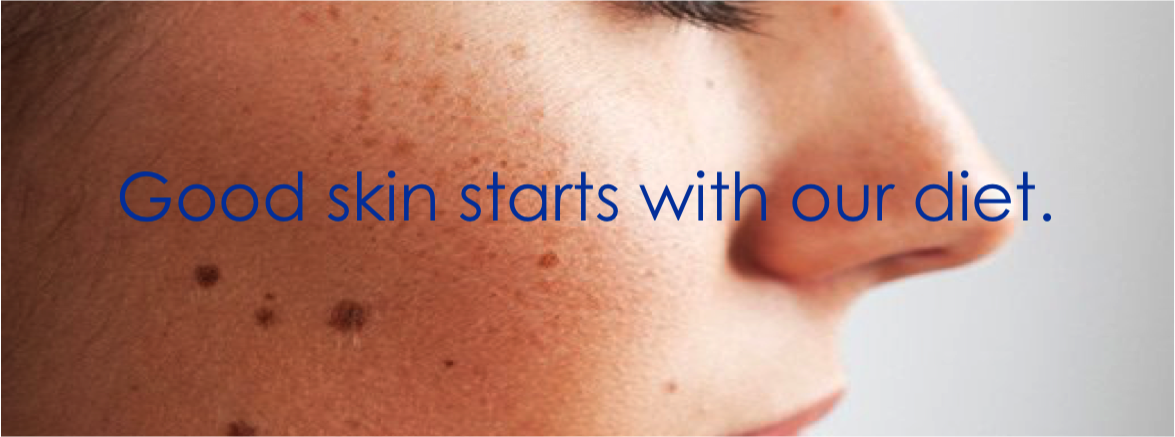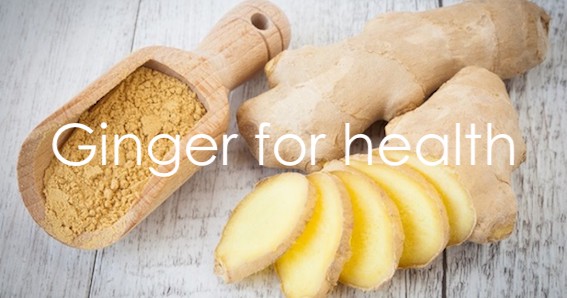Today I’m writing about diet and the skin. Our skin is the human bodies largest organ.
Many people spend thousands of dollars trying to preserve it, especially on their face. However, few people consider that our diet shows on our face.
Beautiful skin starts with nourishment from within.
There are hundreds of steps involved in the cycle of skin renewal, of which the foods we eat are components. The body, skin included, is constantly under construction and it uses vitamins and nutrients from food to repair and rebuild, Older cells are constantly shed and replaced by younger ones and a steady supply of key nutrients is essential to support this rapid growth. Eating the correct balance of foods feeds our skin the vital nutrients it needs to help it stay soft, supple and blemish-free.
That said, as much as we may try to resist it, our skin does naturally age. Wrinkles and age spots are the inevitable result of time, but this ageing may be sped up by overexposure to the sun, strong soaps and chemicals, as well as poor nutrition. Excessive alcohol consumption and smoking both also age the skin.
Start with simple changes.
By eating a variety of antioxidant-rich, fresh fruit and vegetables, healthy fats from oily fish and nuts, and a varied, balanced diet. This should give optimal levels of the nutrients that are crucial for radiant skin, including beta-carotene, vitamins C and E, zinc and selenium.
Fruit and vegetables contain powerful antioxidants that help to protect skin from the cellular damage caused by free radicals. Free radicals along with smoking, pollution and sunlight, can cause wrinkling and age spots. Beta-carotene, found in carrots, sweet potatoes and pumpkin, and lutein, found in kale, papaya and spinach are potent antioxidants, important for normal skin cell development and healthy tone.
Just add water
Skin needs moisture to stay flexible. Even mild dehydration will cause it to look dry, tired and slightly grey. Water helps hydrate your body and leads to plump, healthy skin. Adequate hydration helps flush out toxins that can cause skin problems. It is also essential for skin metabolism and regeneration.
Drink plenty of water each day – all fluids count towards our daily allowance, but water is the best. We have all heard of the recommended 6 to 8 glasses a day. However, there is a simple scientific formula to work out how much water you need. Your weight in kilograms x .03 = daily requirement of water (e.g.; 60 x .03 = 1.8 litres).
Herbal, caffeine-free teas are good too. Some fruit and vegetables, such as watermelon and cucumber, also contribute fluids – the added benefit is that the minerals they contain will increase the rate you hydrate your body and skin.
Overall, promoting healthy skin with diet is all about adopting good nutritional habits.
So, while the Christmas season is a time of celebration with friends and family, it is also a time of food and drink. In order to put your best face forward for the new year, try to make good food choices.
Drink lots of water to counter act the effects of alcohol and remember to laugh.
To all my readers, thank you for your support and have a Merry Christmas.
I hope all my subscribers enjoy their Christmas recipe.
Till the next post,
Live clean n prosper
(Sources – www.ncbi.nlm.nih.gov. www.webmd.com. www.bbcgoodfood.com


